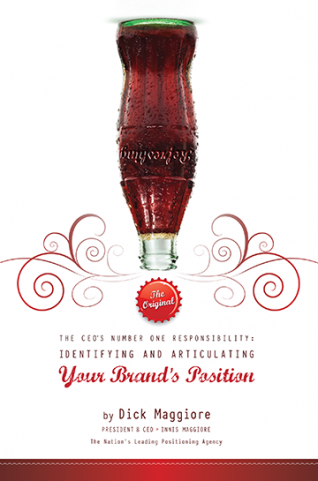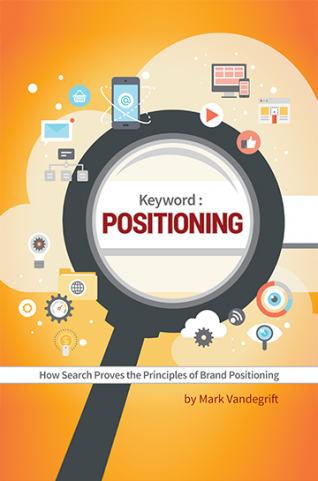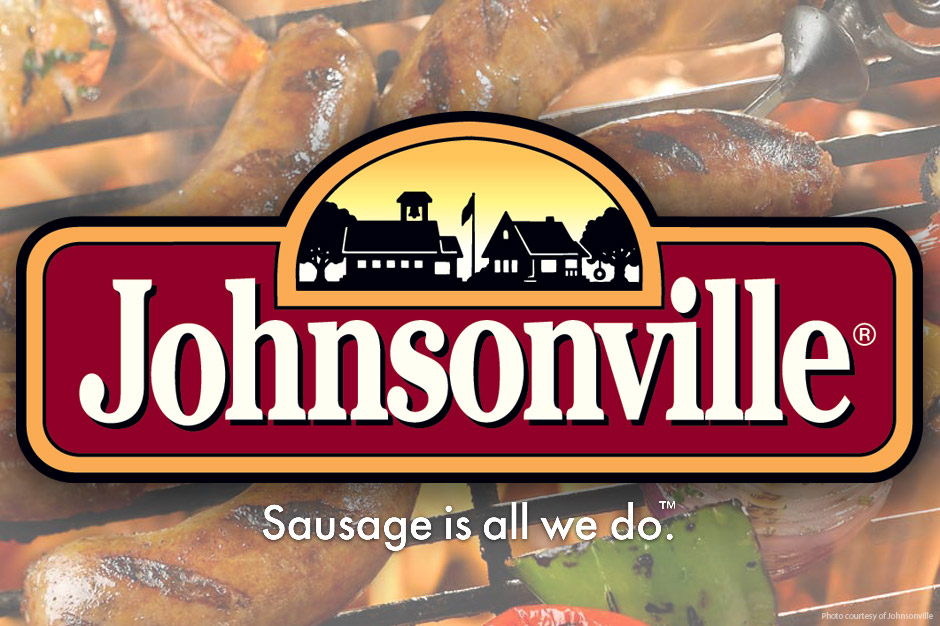Wisconsin-based privately held Johnsonville Sausage is a positioning winner.
What does Johnsonville stand for? Sausage. What kind of sausage? All kinds. Breakfast, turkey, chicken, pork, beef, apple, garlic, brats, Italian, cheddar, maple, smoked, snack, and everything in between.
What is the company's positioning slogan? First, let me tell you what it is not.
It is not a limp feel good or a slickified banality tagged onto the brand like a cozy bun warmer. Johnsonville's positioning slogan is as meaty as its product. No byproducts. No additives. Johnsonville tersely and confidently claims:<
"Sausage is all we do."
A typical "advertising person" would likely grade this positioning slogan a D or F. Where's the cleverness? Where's the fun that a sausage-eating lifestyle represents? Where's the affirmation of sausage as part of a healthy diet?
As Positionists®, we see things differently.
One of the biggest mistakes advertisers and their agencies make is to think the job of advertising is to create "warm fuzzy" messages that will inspire the customer. Research shows that unless a prospect can verbalize the "concept" of the brand, the brand's advertising dollars are largely wasted.
What does Johnsonville sell uniquely?
Is it fun? Lifestyle? Happiness? Health? These may be attributes of the brand, perhaps even benefits of the brand. But they are not the brand.
The brand is all about sausage.
Johnsonville is bold enough and confident enough to tell us so in plain English. This brings me to an inconvenient truth for our industry. Advertisers don't need the customer to "playback" a slogan. Advertisers need the prospect to articulate his or her concept (idea) of the brand. Heinz is ketchup. M&M's candies melt in your mouth, not in your hands. BMW is about driveability. Kohler (another privately held company) is about a bold look. Johnsonville is sausage.
The rule is, find the laser-focused brand position first, then find an emotionally emphatic way to express the idea.
What do I mean by "emotionally emphatic"? What I don't mean are ideas such as, "It's what your family deserves" (Tyson); "A business of caring" (CIGNA); "We get you there." (Delta Air Lines), or my personal favorite, "We want you to live." (Mobil Oil). These generic feel-good slogans are quick to fizzle because they fail to deliver a crystal clear selling idea or concept of the brand. What's a selling concept? It's the competitive idea that would make me choose your product and not someone else's.
Here's a test.
Put another brand name with these same slogans. If you can do this without losing or gaining much, the slogan is a sure fizzler. Branding is about putting the brand in the consumer's mind along with its point of difference. If the positioning slogan doesn't convey the point of difference in a specific way, your advertising dollars will be mostly wasted.
When clients ask us to give them a slogan, we say we'd rather give them a position then a slogan or tagline, if at all.
Compare "Sausage is all we do!" to the fizzlers mentioned above.
First, note the specificity. Sausage is a concrete, highly-focused idea. It's important to note the clause, "all we do," and how it functions. "All" is an emphatic word. Because it is emphatic, it is emotional. There is the natural association with the phrase "all or nothing" that is characteristic of those who take a stand, who act decisively. The whole of the communication causes the customer to think, "If sausage is all Johnsonville does, it must do it very well." This is the power of an effective positioning slogan.
The exclusivity promised by the "all we do" phrase also makes Johnsonville incomparable. Unlike broad line deli and smoked meat brands Hillshire Farm, Eckrich, Hormel, et al., only Johnsonville does one thing and one thing only -- sausage. The overall intent of the communication is accomplished. Johnsonville doesn't just make sausage. It doesn't just sell sausage. Johnsonville is sausage. Ultimately, the positioning slogan pushes a mindset as much as a product, and this is what makes it great.
As sausage only, Johnsonville is a specialist brand. When you study marketing wars over time, you see the well-differentiated specialist tends to be the winner. A specialist is given the opportunity to be perceived as expert or best. Scotch Tape became the generic for adhesive tape. Federal Express became the generic word for overnight delivery ("FedEx it."). Lawyers hate it, but making the brand a generic is the ultimate weapon in marketing. However, this is something only the specialist can do. The generalist cannot become a generic.
What should Johnsonville do moving forward? Stay focused!
It would be all too easy for Johnsonville to succumb to the most frequently violated principle of positioning, line extension. This happens when companies turn from a highly-focused brand, one that stands for a certain type of product or idea, into an unfocused brand that represents two or more types of products or ideas.
On the surface, line extension sounds good. It offers an expedient way to gain cost efficiencies, and/or meet growth demands exacted by shareholders. The problem is, all the ways to expand are often detrimental to the brand. Questions such as, "What more can we sell? What more can we make? What customer segment can we serve that we don't serve now?" ignore the customer perspective.
From the point of view of the customer, the more variations you attach to the brand, the more the mind loses focus, and the more you weaken the brand. Gradually, even a well-differentiated brand like Johnsonville Sausage can come to mean nothing at all.
Will Johnsonville avert the line extension trap? Will its brand stay the course?
As a private third-generation family-run company that doesn't answer to Wall Street, odds are pretty good that it will keep its focus. We hope so. It might help for the company to remind itself that "Sausage is all we do" isn't just a positioning slogan.
It's a corporate direction.
It's a competitive strategy.
It's a cognitive reminder to customers and employees alike. Standing for something in the mind is what branding is all about.
Lorraine Kessler is Innis Maggiore's Principal Client Services & Positioning Strategist.



